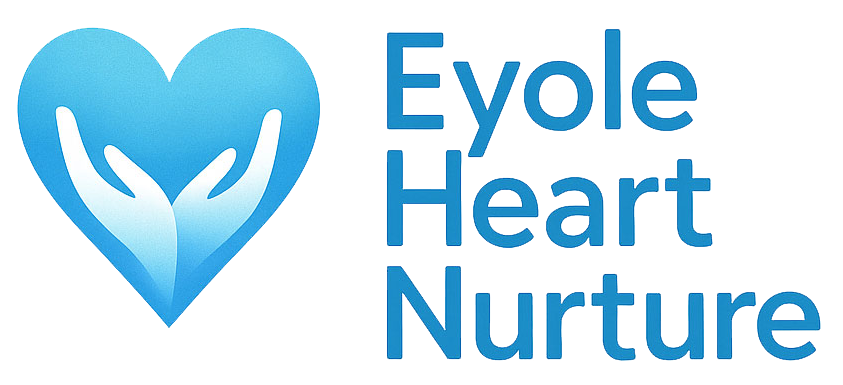It was a humid afternoon in Kribi when Amina felt a tightness in her chest, a wake-up call she couldn’t ignore. For years, she’d skipped regular check-ups, ignored stress from work, and relied on fast food—mistakes she now linked to her symptoms. The fatigue and palpitations—a sign to seek medical advice—pushed her to act. At EyoleHeartNurture.com, we believe mistakes, when addressed with wisdom, pave the way to better health, echoing Proverbs 3:7-8, “Do not be wise in your own eyes; fear the Lord and shun evil. This will bring health to your body” (NIV).
The Cost of Oversight
Amina’s days grew heavy. Skipping exercise and dismissing family heart disease history had caught up. Johns Hopkins Medicine highlights that women often neglect heart health checks, a mistake linked to higher risks. Biblically, James 4:17 warns, “If anyone, then, knows the good they ought to do and doesn’t do it, it is sin for them” (NIV). Her stress-eating habits, a common pitfall per the American Heart Association, worsened her condition, leaving her anxious and drained.
A Turn Toward Healing
One morning, inspired by a friend’s recovery story, Amina scheduled a doctor’s visit. She learned to manage stress with walks and swapped fast food for balanced meals. The Johns Hopkins article emphasizes that avoiding these mistakes—skipping check-ups, ignoring stress—can save lives. Psalm 139:14, “I praise you because I am fearfully and wonderfully made,” became her motivation. Health experts note that lifestyle changes reduce heart risks by 30%, a transformation Amina felt as her energy returned.
A Life Renewed
Months later, Amina joined a community fitness group, turning her mistakes into a mission to educate others. Her heart, once strained, now thrived with purpose. The Mayo Clinic supports that proactive health choices foster long-term wellness. Our free heart test at EyoleHeartNurture.com can guide you, uncovering health oversights. It stirs the fear of neglect, the joy of recovery, and the strength to thrive.
Start Your Journey Today
Don’t let health mistakes define you. Begin your path to wellness now. Take the free heart test today and embrace a healthier heart.
“Mistakes are lessons in disguise; wisdom turns them into health victories.” – Dr. Mehmet Oz
Frequently Asked Questions
1. What Is Another Word for Mistakes?
Another word for mistakes is errors, often reflecting unintentional oversights, as health experts note.
2. What Does the Bible Say About Mistakes?
The Bible views mistakes as opportunities for growth through repentance (James 4:17), offering forgiveness.
3. What Is the Meaning of a Mistake?
A mistake is an unintentional error or oversight, like neglecting health checks, per psychological definitions.
4. What Is a Good Example of a Mistake?
A good example is skipping regular exercise, a heart health oversight highlighted by Johns Hopkins.
5. What Is the Difference Between Wrong and Mistake?
Wrong implies intent, while a mistake is unintentional, a distinction that health and faith perspectives support.
6. What Do Mistakes Teach Us?
Mistakes teach resilience and better choices, turning neglect into proactive health, per wellness experts.
7. What Is a Word for Correcting Mistakes?
A word for correcting mistakes is rectify, reflecting actions like adopting healthier habits, as experts suggests.
8. How to Accept Your Mistake?
Accept your mistakes by reflecting, seeking support, and acting (e.g., doctor visits), aligning with biblical wisdom.
9. What Is an Innocent Mistake?
An innocent mistake is an unintentional error, like forgetting a check-up, per health guidelines.
10. How to Deal with Someone Who Won’t Admit Mistakes?
To deal with someone who won’t admit mistakes, approach with patience, offer evidence, and encourage self-reflection, as psychological studies advise.





